Article Topics
 This week is Crohn’s and Colitis Awareness Week, so it is a great time to focus on a healing modality that research has proven has a very positive effect on both of these related conditions. Of course, we are talking about the healing power of cannabis.
This week is Crohn’s and Colitis Awareness Week, so it is a great time to focus on a healing modality that research has proven has a very positive effect on both of these related conditions. Of course, we are talking about the healing power of cannabis.
What are Crohn’s Disease and Colitis?
Both Crohn’s Disease (CD) and Ulcerative Colitis (UC) are GI tract disorders that fall under the general umbrella of “Inflammatory Bowel Disease (IBD).” IBDs are actually autoimmune disorders, since the immune system is attacking healthy cells in the GI tract.
Crohn’s can affect any part of the digestive system. It can affect the entire digestive system, but sometimes skips areas altogether. Ulcerative Colitis is identical to Crohn’s except that it only affects the innermost lining of the colon. There is an estimated 1.6 million Americans who have been diagnosed with Crohn’s Disease or Ulcerative Colitis, most under the age of 35. A report released in England showed that the number of teenagers and young adults ages 16 to 29 who were receiving treatment for Crohn’s rose 300% between 2003 and 2013. IBDs effect an equal amount of both men and women.
In both conditions, symptoms can come at a moment’s notice and may include: diarrhea, constipation, rectal bleeding, abdominal cramping,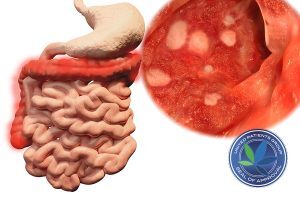 “rectal tenesmus” (a sensation of incomplete evacuation of the bowels) and an urgent need to go to the bathroom. Fever, appetite loss, weight loss, fatigue, night sweats, and loss of the menstrual cycle in women may also occur.
“rectal tenesmus” (a sensation of incomplete evacuation of the bowels) and an urgent need to go to the bathroom. Fever, appetite loss, weight loss, fatigue, night sweats, and loss of the menstrual cycle in women may also occur.
When symptoms appear in earnest, they can leave a person feeling completely debilitated. Some who have more severe symptoms are not able to hold down a job or have a social life. The traditional treatment for both CD and UC are immune-suppressing drugs which, of course, come with their own litany of harmful side effects. Sometimes surgery to remove damaged parts of the intestinal tract are recommended. Conventional medicine considers CD and UC somewhat treatable, but not curable. Many in the alternative health community would disagree, however.
Besides dietary changes, the natural protocol that shows the most promise for cutting the inflammatory response that is at the heart of both Crohn’s Disease and Ulcerative Colitis is cannabinoid therapy.
How Cannabis Can Help
Crohn’s Disease is one of a few conditions where an abundance of quality research has already been conducted into the actual chemical mechanisms that makes it so effective.
mechanisms that makes it so effective.
Cannabis has been shown to significantly curb the inflammatory response in individuals with Irritable Bowel Disease conditions by providing support to endocannabinoid receptors in the GI tract in particular. According to a 2004 National Institutes of Health study report:
“CB1 activation reversed the electro-physiological signs of smooth muscle irritability and, at the same time, blunted the increase in tissue myeloperoxidase activity, a measure of leukocyte infiltration. These observations suggest that endocannabinoids protect the gut not only by decreasing bowel motility but also by inhibiting the inflammatory process itself.”
Cannabis and Anandamide Production
 One of the ways that cannabis helps to sooth inflammation in the GI tract is through the fatty acid Anandamide (N-arachidonoylethanolamine or AEA), a component of THC (tetrahydrocannabinol). Anandamide is unique in that it appears to have an effect on both CB1 and CB2 receptors and thus affects both the central nervous system (CB1) and other parts of the body (CB2).
One of the ways that cannabis helps to sooth inflammation in the GI tract is through the fatty acid Anandamide (N-arachidonoylethanolamine or AEA), a component of THC (tetrahydrocannabinol). Anandamide is unique in that it appears to have an effect on both CB1 and CB2 receptors and thus affects both the central nervous system (CB1) and other parts of the body (CB2).
Anandamide (sometimes called the “bliss molecule;” the name is taken from the Sanskrit origin) is produced by the body in healthy individuals, but can be reinforced by cannabinoid therapy. It plays an important role in the regulation of appetite and helps to stimulate the pleasure and reward centers of the brain. Anandamide assists with pain regulation, sleep patterns and hormone balancing as well. It also has the effect of limiting the release of cytokines by bacteria as well as other cellular substances that can limit bowel motility. Cytokines are cellular substances that can affect other cells, mostly to evoke an inflammatory response.
Not surprisingly, besides cannabis, anandamide is also found in chocolate.
Another interesting finding is that individuals with CD and UC seem to have more endocannabinoid receptors in their GI tracts than those who do not have an IBD. Whether caused by genetic disposition or lower immune function overall, individuals with CD and UC usually have imbalanced bowel motility (movement) which inevitably results in a higher number of “infiltrating macrophages” (such as the bacterial endotoxin LPS or lipopolysaccharide) in the inflamed sections of their digestive tracts. While these opportunistic pathogens can be seen as a target of endocannabinoid healing effects, according to some researchers, they may also be a source of endocannabinoids as well.
Studies Confirm Cannabis Significantly Reduces Symptoms of Crohn’s and Ulcerative Colitis
Although they have not endorsed the use of cannabinoid therapy outright, even the Crohn’s and Colitis Foundation of America (CCFA) has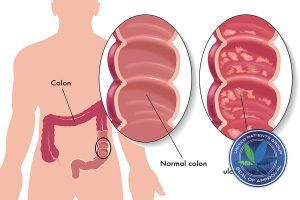 recognized marijuana’s effectiveness on both Crohns’ and Colitis. According to their statement issued in 2012:
recognized marijuana’s effectiveness on both Crohns’ and Colitis. According to their statement issued in 2012:
“Experimental evidence suggests that endocannabanoids…may play a role in limiting intestinal inflammation. IBD patients have been found to have higher levels of cannabinoid receptors in their colonic tissue.”
The CCFA also acknowledges studies which have found that cannabinoid therapy can lead to marked improvements in the overall quality of life of individuals with Crohn’s and Ulcerative Colitis by reducing cramping, nausea, diarrhea and pain, again as a result of reduced inflammatory response and improvements in bowel motility. One of these investigations includes a 2012 patient survey study at the Sackler School of Medicine, Tel Aviv University. And a 2011 report published in the European Journal of Gastroenterology and Hepatology found marked reduction of diarrhea and pain in the majority of the 300 participants studied.
Finally, a few small studies have now proven that complete remission of Crohn’s can be achieved through the use of cannabinoid therapy, giving not only cause for further study by the scientific community but also hope to the thousands who suffer from IBD-related disease every day.
IBD Considered a “Qualified Condition” in Many States
Because of all the solid research that has come out over the last few years, many medical marijuana-legal states are adding them to their list of qualifying conditions. If you are unsure of the status of your state concerning medical marijuana in general or IBD conditions in particular, click HERE.
And remember, you DO NOT have to suffer if you have Crohn’s or UC, nor do you have to believe that pharmaceutical drugs and surgeries (which sometimes do more harm than good) are the only option for you. We now know that cannabis works and it works well for IBD diseases across the board.


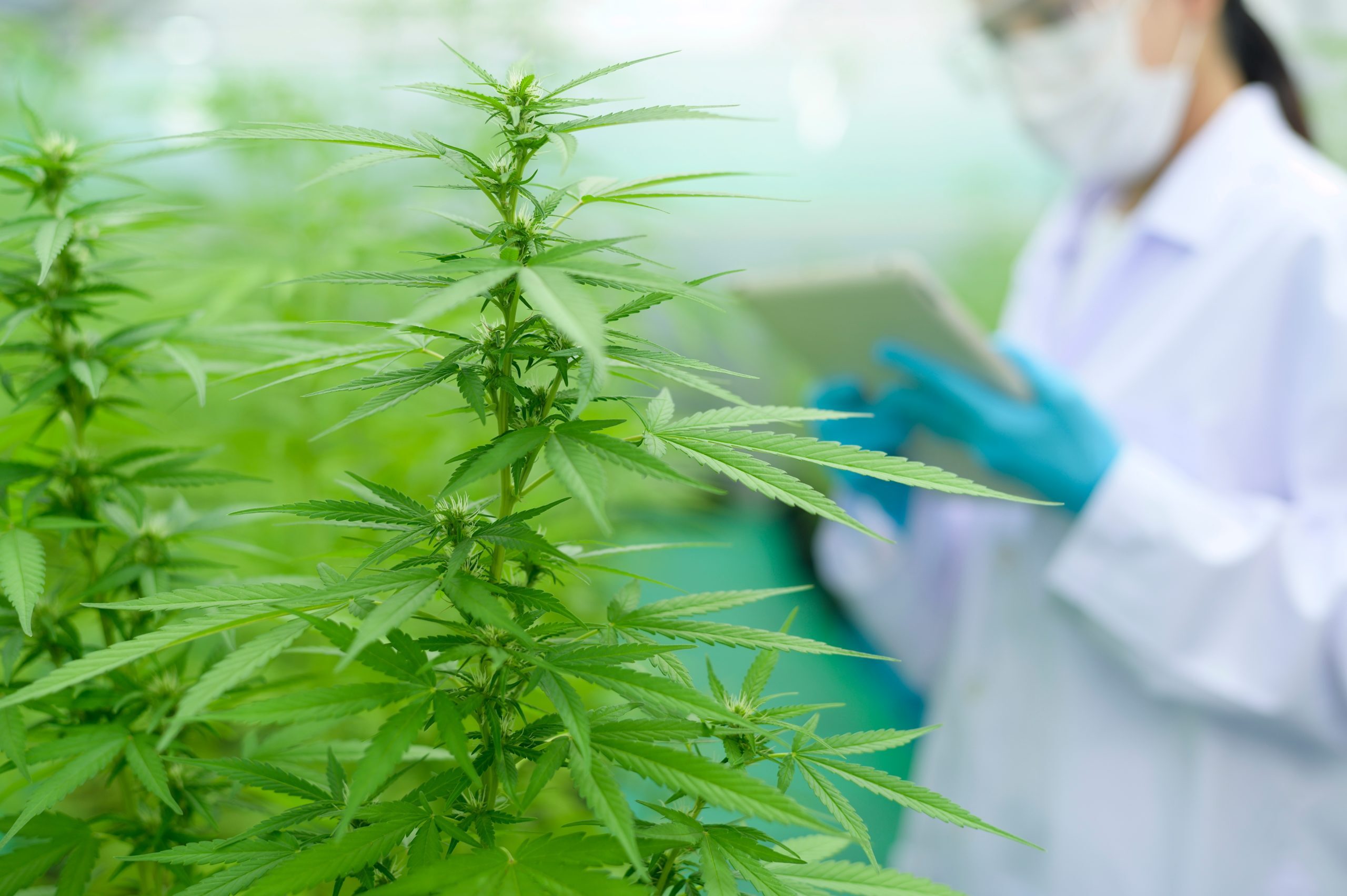

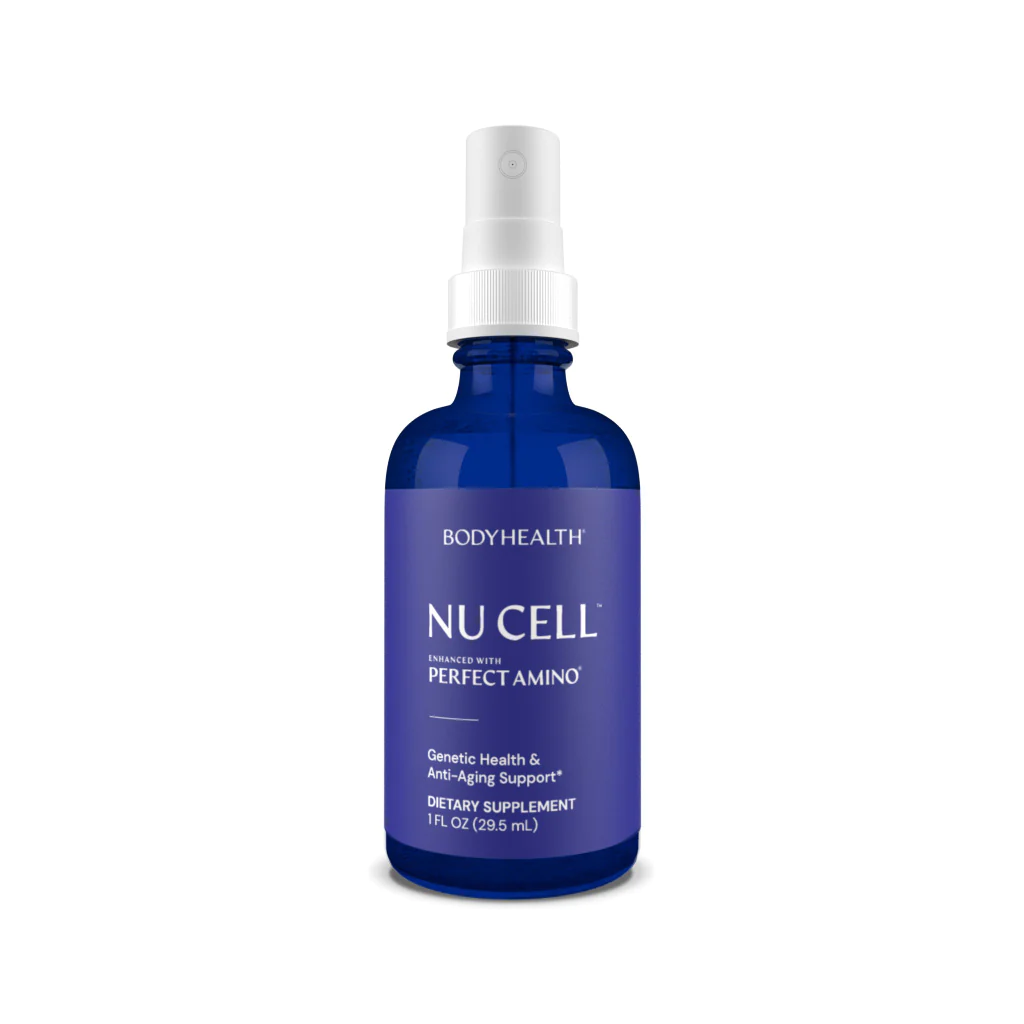


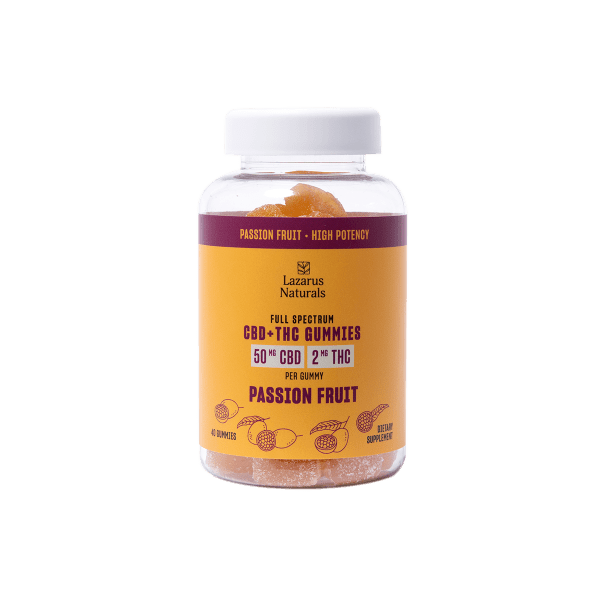

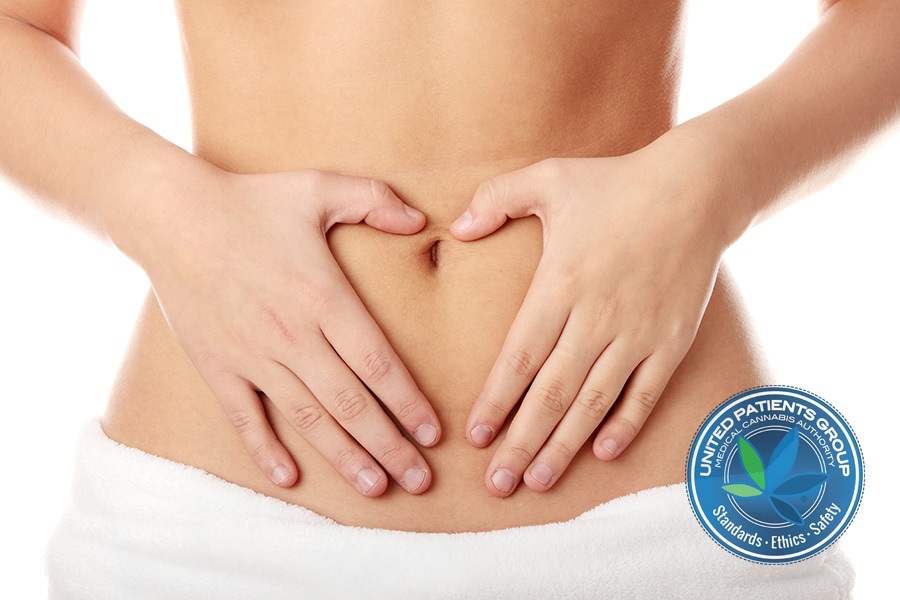







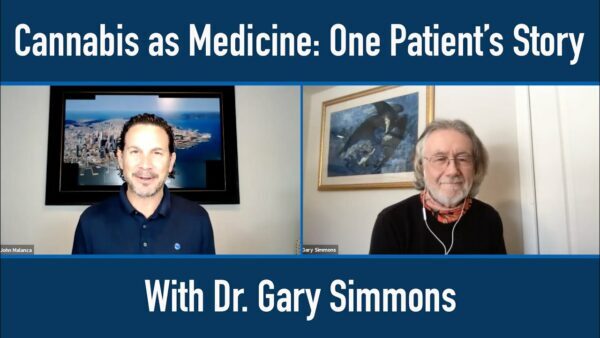

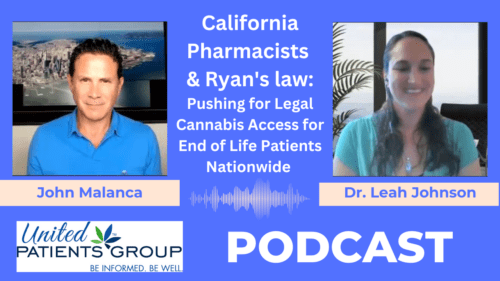



















Really solid article
Im a 59 year old man and I was first diagonsed with UC in the fall of 2015.After 50 pound weight loss and feelings of suicide i read where cannabis could alleviate symptoms. I was apposed to using conventional drugs because of really scary side effects some of which i experienced by my use of Maselamine. I obtained cannabis in July of 2016 and have been smoking , vaping and ingesting if through out the day and night, just enough to have a buzz but not blitzed.I also adhere to the scd diet and juice cabbage and smoke 4 to 5 cigarettes a day. Ive gained 30 pounds since October and have 2 to 3 solid stools daily. Im in complete remission and will continue with this regimen indefinitely because it works . Oh did i mention i have had many people going before the throne of grace on a regular basic. Thank you Lord for helping me find remission through alterative means.Barry
It’s working for me…I am a 53 year old male, diagnosed severe pan colitis / UC June 2016, a week in hospital two transfusions , lost 30 pounds. Local GI prescribed 60mg Prednisone which stopped bleeding at day 6, Local Dr pushed hard for Remicade had two treatments and severe allergic reaction during the third infusion led me to try for the 1st time in my life marijuana. I took myself off of all medications and smoked four inhalations nightly before bed, I can literally feel my colon relax after smoking and my bm’s became formed after several days. Consulting with Dr’s at major hospital now back on Balsalazide (mild drug) and a smart diet along with nightly cannabis.. No flare ups and formed stools now going on four months. Will get a scope to see if healing has taken place (before and after scopes will tell) I am currently at 1 to 2 BM’s daily , I sleep quite well, gained my 30# back and am hopeful my colon is healing. Trying to stay away from any mega drugs
Thank you for putting so much valuable information over here. My Uncle was just diagnosed with Crohn’s recently. This is so helpful!
Wow, so glad I found this given that I have at least a couple of friends living with Chron’s that might benefit from this information – will definitely have to forward it their way!